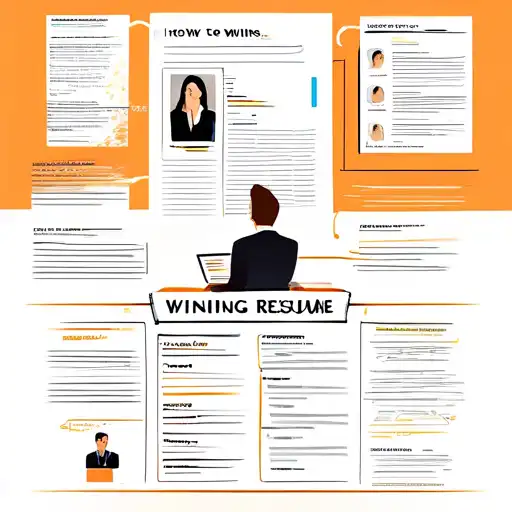Introduction to Resume Writing
In today's competitive job market, having a standout resume is more important than ever. A well-crafted resume can be the key to unlocking your next career opportunity. This guide will walk you through the essential steps to create a winning resume that captures the attention of hiring managers.
Understanding the Basics
Before diving into the specifics, it's crucial to understand what makes a resume effective. A good resume clearly communicates your skills, experiences, and achievements in a concise and professional manner.
Key Components of a Winning Resume
- Contact Information: Ensure your name, phone number, email, and LinkedIn profile are up-to-date.
- Professional Summary: A brief statement that highlights your qualifications and career goals.
- Work Experience: List your relevant work history, focusing on achievements rather than duties.
- Education: Include your highest degree and any relevant certifications.
- Skills: Highlight skills that are relevant to the job you're applying for.
Customizing Your Resume for Each Job
One size does not fit all when it comes to resumes. Tailoring your resume for each job application can significantly increase your chances of getting noticed. Use keywords from the job description and align your skills and experiences with the requirements of the position.
Common Mistakes to Avoid
- Using a generic resume for all applications.
- Including irrelevant information.
- Spelling and grammatical errors.
- Overloading your resume with too much information.
Leveraging Technology
Utilize resume-building tools and software to create a professional-looking resume. These tools can help you with formatting, design, and even optimizing your resume for applicant tracking systems (ATS).
Final Thoughts
Writing a winning resume requires time, effort, and attention to detail. By following these tips and continuously refining your resume, you'll be well on your way to landing your dream job. Remember, your resume is a reflection of your professional self—make it count.
For more career advice, check out our guide on how to ace your job interview.
